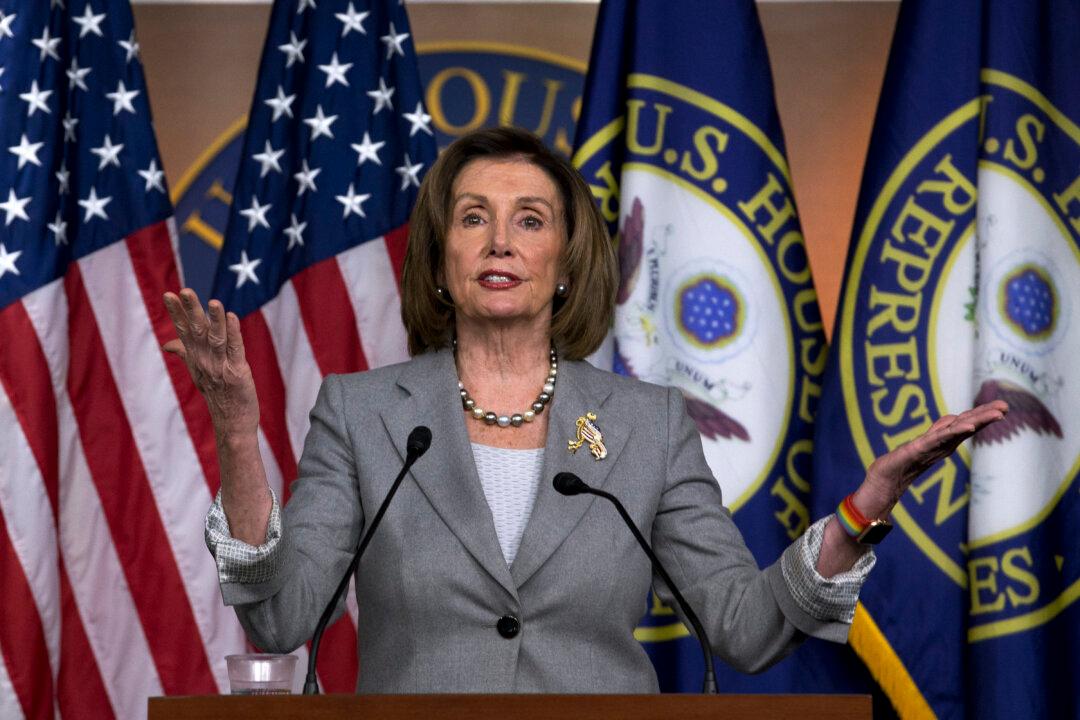The House of Representatives on Dec. 12 passed a sweeping bill aimed at lowering drug prices by requiring negotiations for the prices of certain drugs.
“With this legislation, Democrats are fulfilling our pledge to the American people in passing legislation that will bring down prescription drug costs for the people,” House Majority Leader Steny Hoyer (D-Md.) said on the House floor in Washington.





